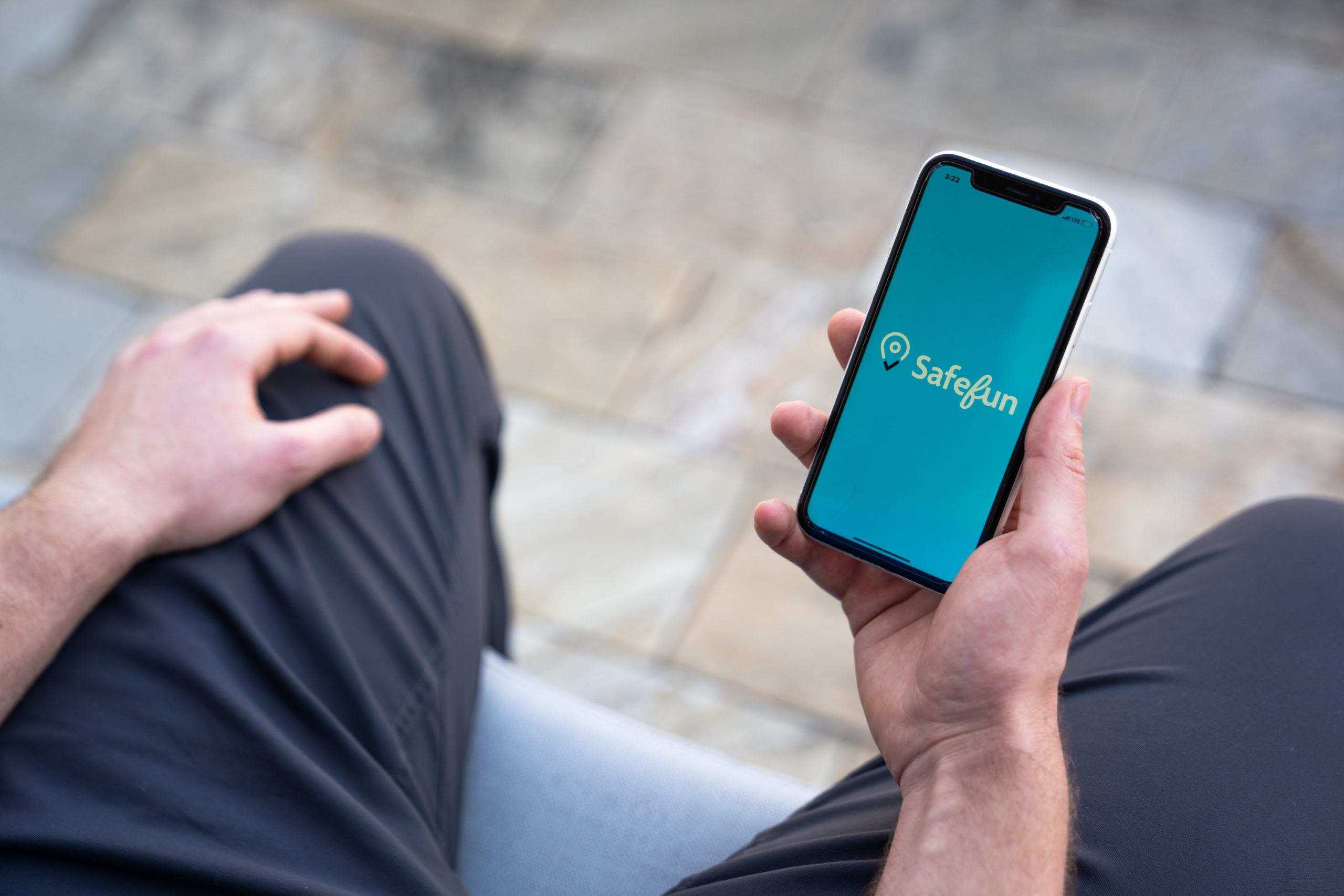Identity Review | Global Tech Think Tank
Keep up with the digital identity landscape.
With the coronavirus vaccine rollout in full gear, many are eagerly anticipating the next step in the road to recovery: being able to gather with friends and family in-person. SafeFun, a digital health passport app that allows users to share COVID-19 test results and vaccine records, hopes to grant people peace-of-mind to safely gather again.

The app is currently available for free on the Google Play Store, Apple App Store and as a web application. Using a classic follower/following system, it allows users to build a social network with their contacts. They can then upload any PDF test results or health records, which will then be analyzed and validated with AI algorithms and added to the user’s digital health wallet.
“SafeFun is your passport to begin sharing memorable moments and enjoying life again,” said SafeFun founder Carson Hager. “In addition to encouraging responsibility, it opens up a world of opportunities to comfortably reengage in person with friends, family and co-workers or to display for entry at designated SafeFun programming and events.”
SafeFun founder Carson Hager is also a veteran software and hospitality entrepreneur based in Houston. Last year, as the COVID-19 pandemic shut down businesses across the country, he realized that in order to get back to normal, people would need to have a way to confidently ensure that they’re able to safely gather again in social settings. Similarly, in the past year, many companies have sprung up in the digital health passport sector to support a safe return to normalcy. SafeFun is unique, though, in its design as a ‘social network’, in which you are able to indicate to followers your COVID-19 health status.
SafeFun supports molecular/diagnostic, antibody and antigen results from hundreds of testing centers around the world. As part of its socially-focused consumer-facing design, the app also allows users to upload results from local testing and vaccination centers that have not been verified yet, which will then undergo validation within 24 hours.
“We are not epidemiologists,” emphasized Hager. “We rely on the experts at the CDC, FDA, NIH and others to provide conservative guidelines around safety and use them in our algorithms to provide comfort. Ultimately, it is the users – not the app – that decides what they are comfortable with and what they are not.”
ABOUT THE WRITER
Lydia You is a computer scientist from Princeton University based in New York City. She is a Tech Innovation Fellow at Identity Review covering the intersection of global tech policy, internet culture and the future of digital media.
Contact Lydia You at lydia@identityreview.com.
Do you have information to share with Identity Review? Email us at press@identityreview.com.